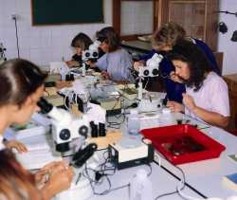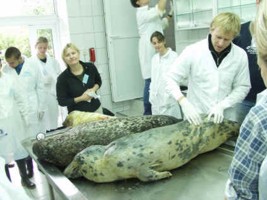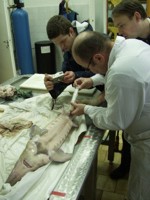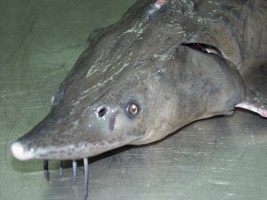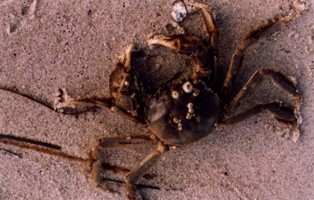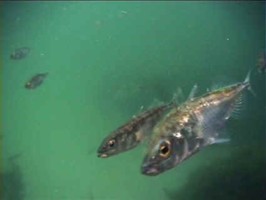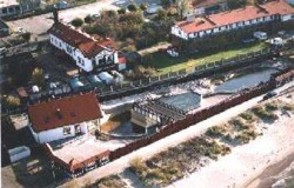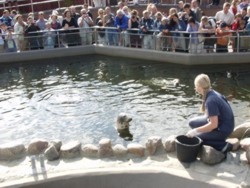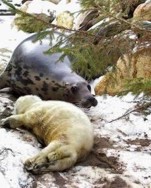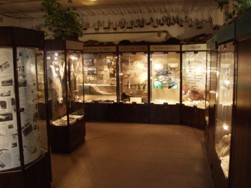
HEL MARINE STATION
The Hel Marine Station was established in 1992 and is a field station in the organizational structure of the Institute of Oceanography in the Faculty of Oceanography and Geography at the University of Gdańsk. As the only station of its kind in Poland it is open to the research needs of the whole scientific community of the country and provides field support for all research groups working in this region (academic teams from various higher schools, institutes in this line of work and the Polish Academy of Sciences). In accordance with the nature of natural history research, the station is open 24 hours a day, every day of the year.
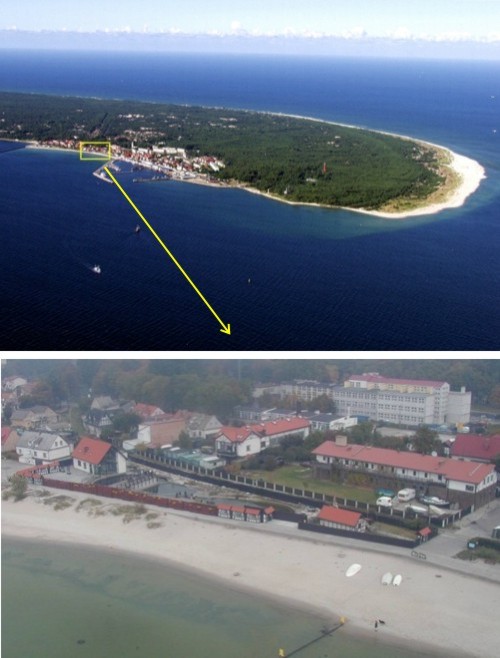
The Hel Marine Station of the UG Institute of Oceanography.
The location of the station in the central point of the Gulf of Gdańsk creates the possibility of undertaking research on the open sea and in the coastal zone. This allows the tracing of the regional physical, chemical, biological and geological processes in the contact zone between the water, the sea-bed, the land and the atmosphere as well as the phenomena occurring in the depths of the sea. In creating the Hel Marine Station the main idea was to meet the research needs that had arisen as a result of the anthropogenic process which results in the degradation of the natural environment of the regions of the Gulf of Gdańsk and the Puck Bay as well as the surrounding coastal regions. For a long time a lot of scientific research into the function and protection of the seas ecosystem has been unfulfilled due to the lack of this type of research facility and its specialised equipment. The Hel Marine Station has many research commitments (including international) and is particularly well-suited to the study of the function and protection of life in the Baltic. It completes the research capabilities of institutes which are traditionally located in large conurbations and are therefore deprived of the possibility of conducting permanent field observations, e.g. specialist monitoring. The location of the station and the ecological conditions of the southern Baltic arouse great interest among many foreign researchers. Here they can carry out comparative experiments on organisms which constitute the boundary of their zoogeographical range. This particularly concerns forms which are relict-arctic or boreal-warm-water. The capabilities of carrying out multiple series of biological observations over a long period of time in the regions of the Gulf of Gdańsk and the Puck Bay allow for the tracing of changes in the biodiversity of these waters. This is why in March 1994 the Hel Marine Station joined the European Network of Marine and Biological Research Stations (MARS-Network) and participates in the research projects of this organization.
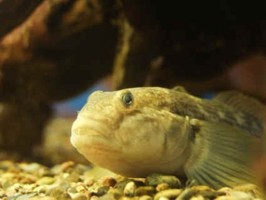
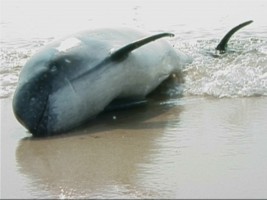
Currently
the research efforts of the Hel Marine Station team are concentrated on the
following:
~ the biology and ecology of the fish found in the coastal zone of
the Baltic,
~ the biology and ecology of Baltic marine mammals
~ the
protection of rare species and biotopes in the Baltic.
The station is the
national centre for the research of marine mammals that live in the Polish
part of the Baltic. It is equipped with modern hydro-acoustic monitoring and
recording equipment for the tracking and study of cetaceans, while the
research into seal migration is conducted with the use of satellite
telemetry technology.
The Station specialises in researching the effects of
fishing on the state of the resources available to these creatures. By
controlling the population size and testing the biology and ecology of
Baltic mammals it fulfils Polands obligations in regards to the Helsinki
and Bonn Conventions which are a part of the Agreement on the Conservation
of Small Cetaceans in the Baltic and North Seas (ASCOBANS). The station, as
part of the European Centre of Exellence for Baltic Development, Education
and Research (BALTDER), is realising the project entitled Endangered
species of Baltic marine mammals threats, investigations and
conservation measures.
The grey seal research, breeding and rehabilitation centre in
the Hel Marine Station in visited by over 450.000 people every year.
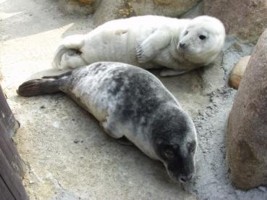
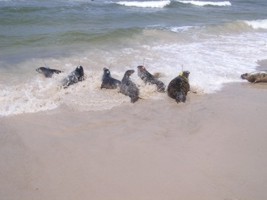
The Hel Marine Station of the Institute of Oceanography has a long-running
project to restore grey seals to the Polish waters of the Baltic Sea.
The station is equipped with aquariums and breeding tanks with seawater flow that are indispensable to experiments which aim to replicate conditions as close to the naturally existing ones as possible. This also creates the possibility of flora and fauna research and their reactions to different hydrological conditions, the effects of pollution on their health, growth and reproductive abilities. The existence of such a system allows the long-term retention of living research material which can be used for various research purposes. Among other things this allowed for the commencement of a long-term project to restore grey seals to the Polish coast of the Baltic and research into different species of acipenserid fish. The station possesses a taxonomic collection of Baltic and Antarctic ichthyofauna, including rare species from this group of creatures.
The Hel Marine Station is the only station of its kind on the southern and eastern coasts of the Baltic. It is fitted with exploration equipment, which serves the needs for the research of the coastal zone of the Baltic. It possesses mobile research equipment, an all-terrain vehicle, boats and specialist fishing and diving equipment.
The living quarters of the Station provide bedrooms, seminar rooms and a canteen and the stations high reputation brings together European specialists in the field of ecological research into the seas of the Baltic, Arctic and Antarctic regions.
